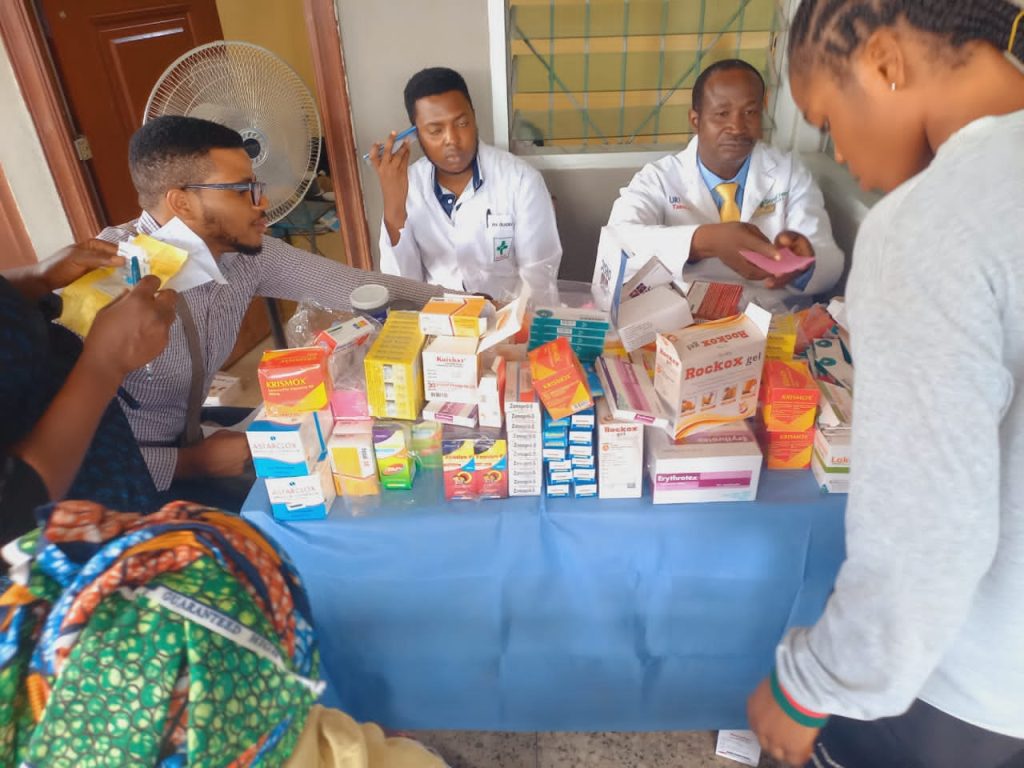NEWS RELEASE
OSOGBO– 05/09/2023– Osunstate.gov.ng
The Executive Governor of Osun State, Senator Ademola Adeleke extends warm felicitation to the lawmaker representing Ayedade/Irewole/Isokan Federal Constituency, Honourable Lanre Omoleye Oladebo as he marks a new age today, joining family, friends and associates to celebrate and acknowledge his remarkable contributions to attaining meaningful progress for Osun State.
Governor Adeleke who extolled Hon. Oladebo’s unwavering dedication to effecting impactful representation, lauded his sound legislative inputs, which promises better service to constituents and Osun people in the short time he has been in the legislative branch of government.
In a congratulatory message issued by his Spokesperson, Mallam Olawale Rasheed, Governor Adeleke said Hon. Oladebo exhibits unmatched passion for serving the interest of constituents, noting that his birthday offers a unique moment to acknowledge his untiring effort in contributing to the betterment of the people.
“As he adds a new age, I congratulate Hon. Oladebo and salute him for his steadfast pursuit of the general goods in the face of a challenging environment,” the Governor was quoted to have said in a message released on Tuesday.
“Hon Oladebo inspires encouraging hopes of better deals for his people, and the passion he has demonstrated into delivering dividends of democracy to his people is unbeatable and explains the undying love he enjoys from constituents.
“It is my prayer that God Almighty grant him many more years and it is my hope that this special day is filled with happiness and good health, and the resolve of continued success in Hon. Oladebo’s important work of meeting the aspiration of constituents.”
Signed:
Mallam Olawale Rasheed,
The Spokesperson to the Osun State Governor







